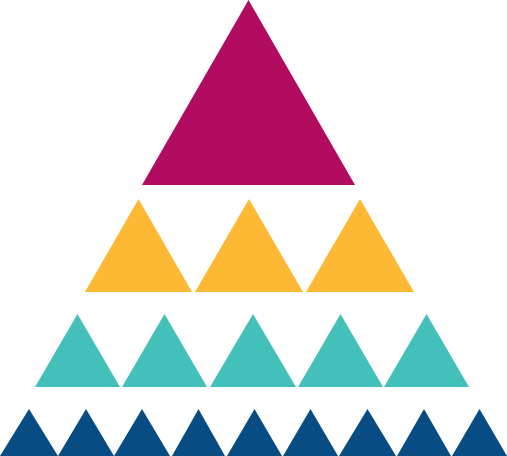Because we recognize the risk that NGOs’ funds can be misused, we have added extra layers of protection by using advanced global systems to mitigate the risks of money laundering and terrorist financing in cooperation with major international institutions.
In 2019, Qatar Charity became the first organization in the MENA region to sign a unique cooperation agreement with Refinitiv Thomson Reuters, a world leader in AML/TF screening, to better identify risks related to money laundering and terrorist financing.
The cooperation comes in the form of a consolidated database of individuals and institutions between Qatar Charity and Thomson Reuters’ World Check that will enable us to quickly and effectively identify and isolate individuals and institutions that can pose a potential risk of money laundering or terrorist financing.
Our database screens all stakeholders, including partners, donors and beneficiaries against the United Nations Security Council Consolidated Sanction list, the European Union Sanctions list the National Sanctions list of the State of Qatar, and the US OFAC Sanctions list.












